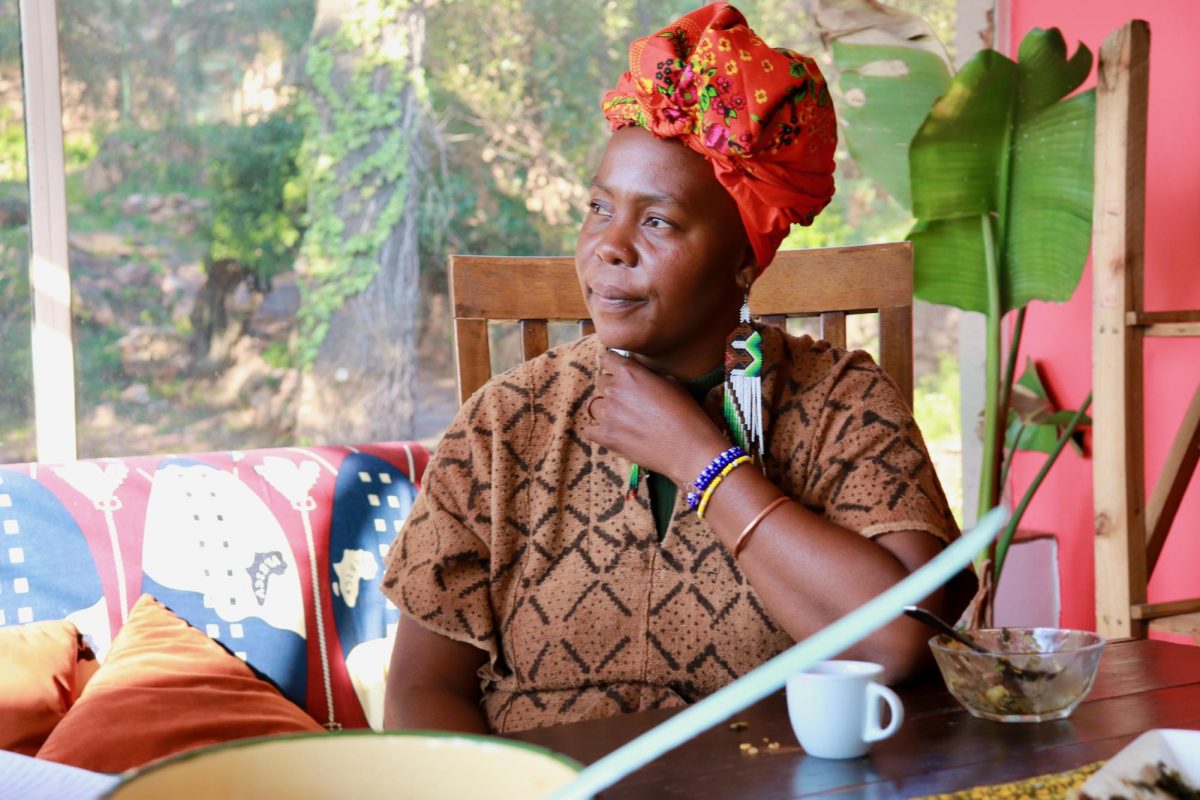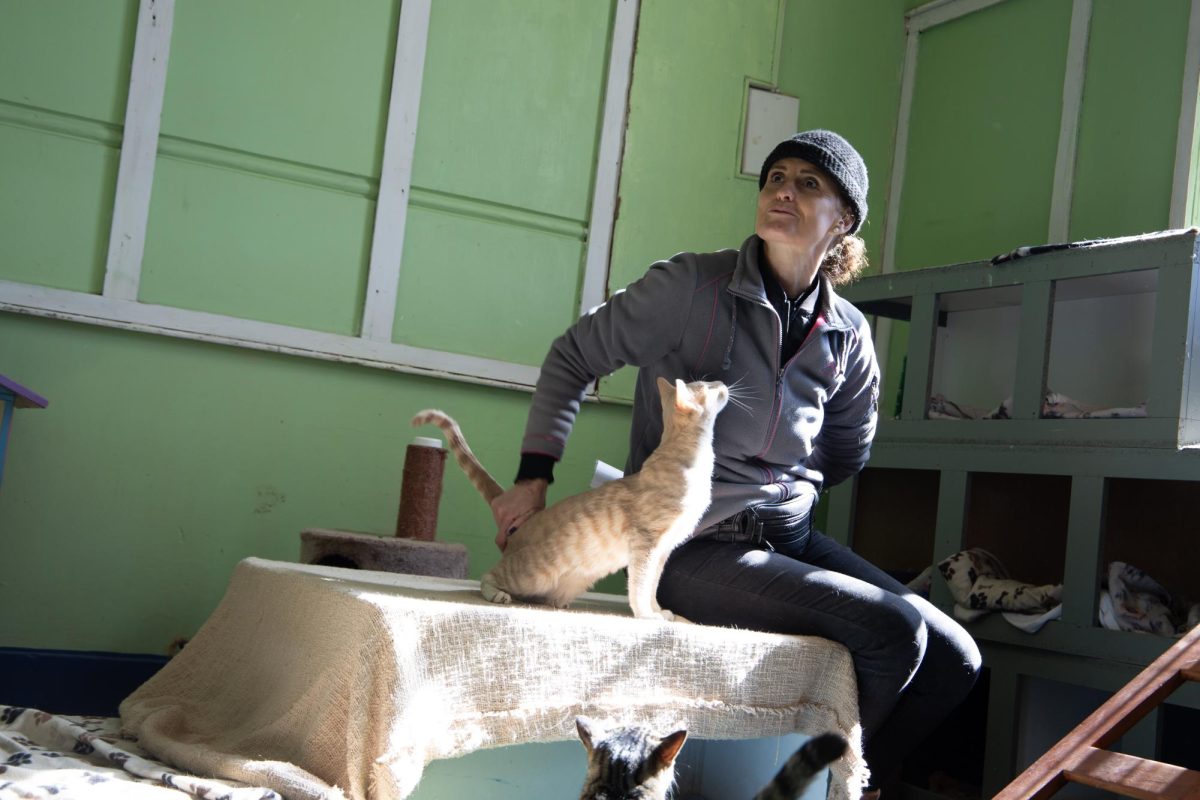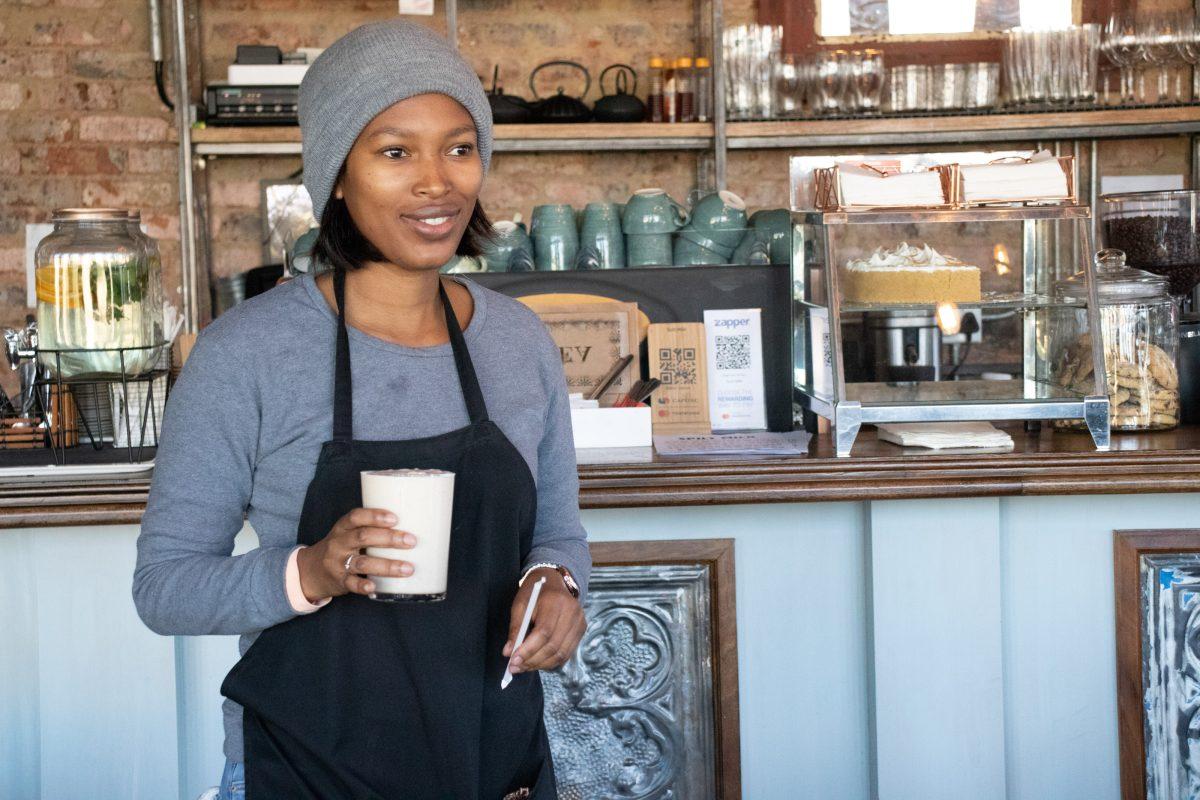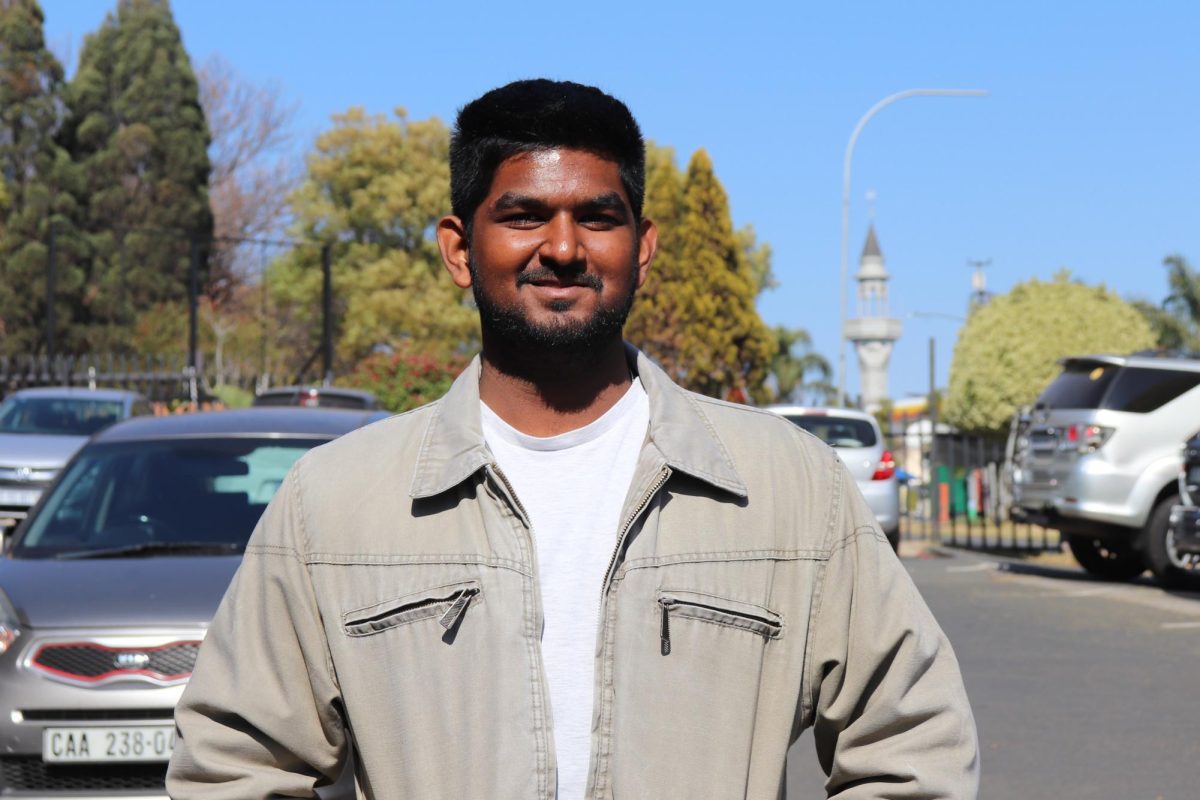Biodegradable trending as plastic straw ban is considered
Johannesburg, South Africa — As South Africa considers a nationwide ban on single-use plastic straws, some restaurants are already moving forward, handing out compostable straws to their customers.
South Africa’s Department of Environmental Affairs plans to enact an import ban on single-use plastic straws by the end of 2019 in an attempt to reduce the country’s over 15 million tons of plastic waste per year. In the meantime, “No to Plastic Straw Movement” has been trending on social media, with the restaurant industry jumping on board.
Jack Landon, owner of Spilt Milk, a café in the Melville neighborhood of Johannesburg, supplies his customers with Bio Straws. These straws, according to the company’s website, are 100% biodegradable and produced from PLA plastic, which is made from the reusable plant-based resource of cornstarch.
Landon acknowledged his decision to use biodegradable straws is part of a larger trend right now.
“I think in South Africa at the moment, truth be told, it’s more trendy to drink from plastic-free straws than there is a benefit,” Landon said. “In South Africa, it’s cool to say no to plastic and use biodegradable.”

Biodegradable straws are not necessarily the answer to creating a more eco-friendly South Africa, according to Mark Gordon, deputy director general of the chemical and waste management in South Africa’s Department of Environmental Affairs.
“I don’t necessarily believe in the story of biodegradability,” Gordon said. “I like to talk more about the notion of compostability.”
According to Recycling Partnership, a U.S.-based nonprofit, compostable straws will not break down faster than plastic straws unless they are disposed of in a commercial compost facility.
“South Africa doesn’t have those commercial facilities,” Gordon said.
Gordon said South African consumers need more education on this issue.
“Sometimes it seems like everyone gets onto this bandwagon of compostable without fully understanding what the value chain and what the full process truly is,” Gordon said.
Kate Wittstock, founder of Restraw, an online company based in South Africa that sells reusable glass, metal and bamboo straws, agreed it is a misconception that biodegradable straws are a better alternative to plastic. In the case of straws made from cornstarch, for example, more and more corn fields must be plowed down to meet production needs.

“Once you plow down corn fields, that area becomes completely unaidable,” Wittstock said. “You cannot use it for anything else. It is such a negative thing.”
Wittstock said the biggest problem in South Africa is the single-use aspect of products, no matter what they are made of. She said metal straws are superior because they eliminate the single-use problem.
“It’s not even about the straw,” Wittstock said. “It’s about the single-use aspect. It is very hard because everything these days has become single use for convenience.”
Landon admits his Spilt Milk customers lack awareness on the negative effects of single-use straws. He said he believes his customers enjoy the café’s biodegradable cornstarch straws because of the trending “No to Plastic Straw Movement,” without fully understanding sustainability factors.

“When you compare the plastic straw problem in the ocean, it’s a small percent compared to the overall plastic that goes into the ocean,” Landon said. “So why are South Africans all patting themselves on the back for saying no to a plastic straw when there’s far more severe problems?”
Peer Guetton, a customer at Spilt Milk, said he appreciates that Spilt Milk and other businesses offer biodegradable straws. For environmental reasons, he prefers them–as a customer. But in his own restaurant, he uses plastic. The reason? Cost.
“The problem with business owners like me is the price of switching from plastic straws,” Gueeton said. “I’m honest with you, we are obviously going to wait until the ban is passed to switch from plastic straws because of the cost. I’m sure biodegradable straws cost much more than plastic straws, and it is going to affect our business. I would have to up some prices of food items to cover the cost.”
Landon acknowledged the economic aspect of using biodegradable straws. Spilt Milk spends up to three times as much on biodegradable straws as plastic ones, according to Alan Prentice, Spilt Milk’s executive chef.
“If you go to the shacks in the townships of South Africa and tell them that they have to take care of their planet when they’ve been hungry for three days, they won’t really care,” Landon said. “It’s almost a luxury. It’s marketed at the rich, white people because that’s where the money is and that’s where people are jumping onto it.”
Wittstock agreed biodegradable or reusable straws are a tough sell in a country with so much poverty and is not convinced the ban will pass.
“I think it is something incredibly difficult to do in our country just because of the different sectors we have,” Wittstock said. “For example, in our informal sector, you can’t expect people who are earning so little to spend more on something that is so unimportant to them, especially to people whose number one issue is to put food on the table.”
Instead, Wittstock said the “No to Plastic Straw Movement” should serve as an entryway to eliminating all plastic consumption, not just straws. Her company’s mission is to have consumers rethink the way they do things, reuse everything they can, and reset their mindset about the environmental crisis.
“For me. the main thing with the straws, they’re stupid, pointless, frivolous items that one actually doesn’t really need,” Wittstock said. “If we can get people to understand or to change their behavior about the straw, that will filter down to into other things. It’s obviously about the straw to a degree, but it’s more about changing the behavior.”









































